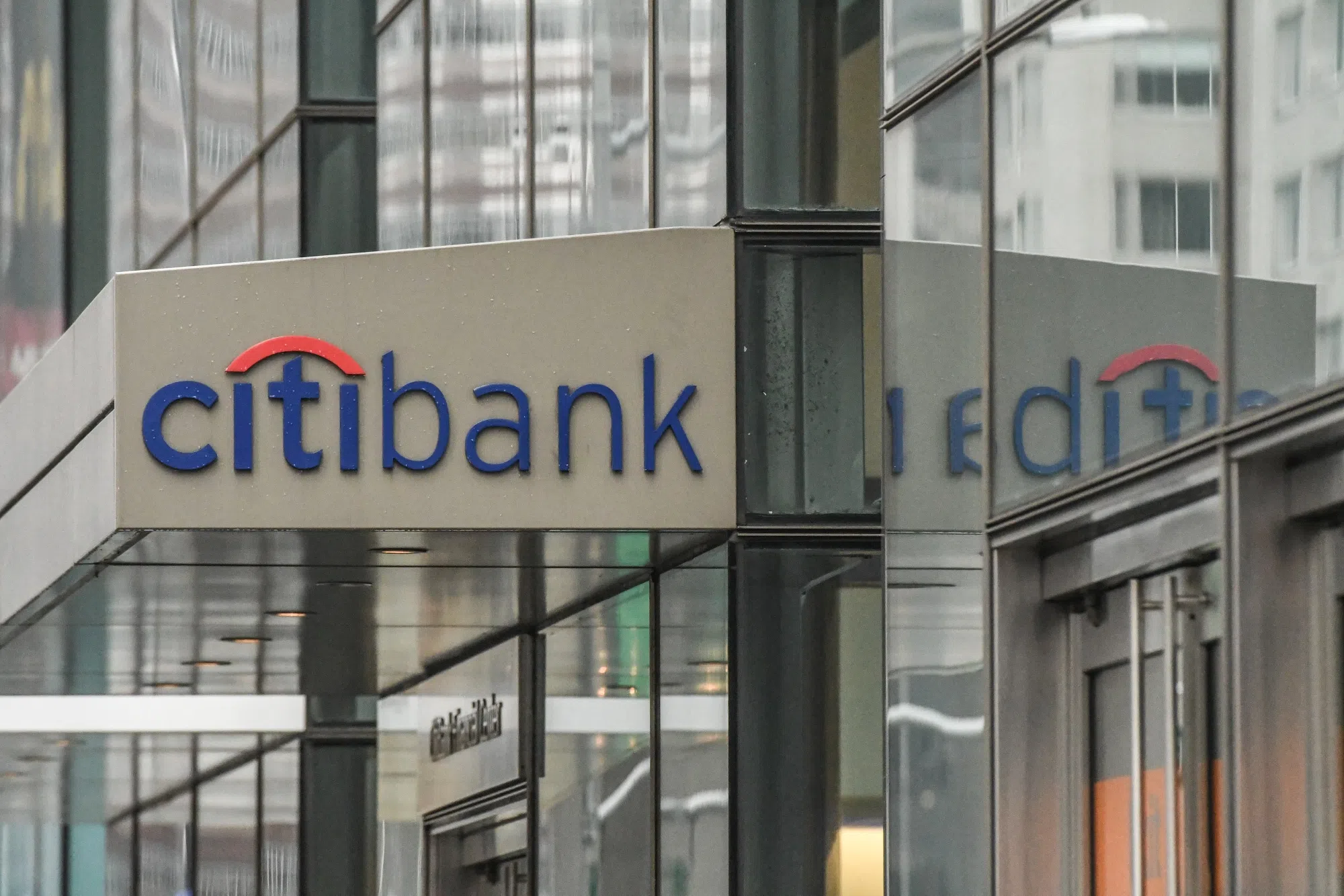CITIGROUP is lifting the limit on some of its top UK bankers’ and traders’ bonuses, following in the footsteps of rivals like JPMorgan Chas and Barclays.
The change will allow the Wall Street firm’s so-called material risk takers to now earn a bonus that’s as much as six times their base salary, according to an internal memo seen by Bloomberg News. That is up from a previous limit that restricted those employees’ bonuses to two times their fixed pay.
For now, Citigroup is not planning to substantially change these staffers’ fixed pay, according to the memo. That is similar to the moves made by Barclays and JPMorgan, though material risk takers at those firms are now able to earn a bonus that’s as much as ten times their base salary.
The changes “reinforce our pay for performance compensation philosophy,” Stuart Woodward, the bank’s head of product and international regulatory compensation, said in the memo.
The bonus cap on material risk takers – which can be investment bankers, traders, risk managers or even compliance personnel – was first introduced by the European Union back in 2014 in response to public outcry about the financial crisis. Citigroup’s latest move comes nearly a year after the UK lifted that cap as part of a broader push to make post-Brexit Britain more attractive as a financial centre.
Citigroup in recent years was one of many banks that also used role-based allowances, which are one-time adjustments to an employee’s salary that can allow firms to sidestep the bonus cap rules. As part of its changes, the bank will also reduce the use of these allowances starting in January, according to the memo.
Taken together, the changes allow the bank to offer competitive pay, “remain highly attractive” to talent and encourage the right behaviors, a spokeswoman for Citigroup said in a statement.
It is the latest sign that some of London’s top bankers might soon have a paycheck that looks more like the bonus-heavy packages of their New York counterparts. It comes almost a year after UK officials scrapped the cap as part of a broader push to make post-Brexit Britain more attractive as a financial centre. BLOOMBERG






